We Provide Quality Roofing Services
Top Rated Roofing Services You Can Rely On
Our Services
Roofing
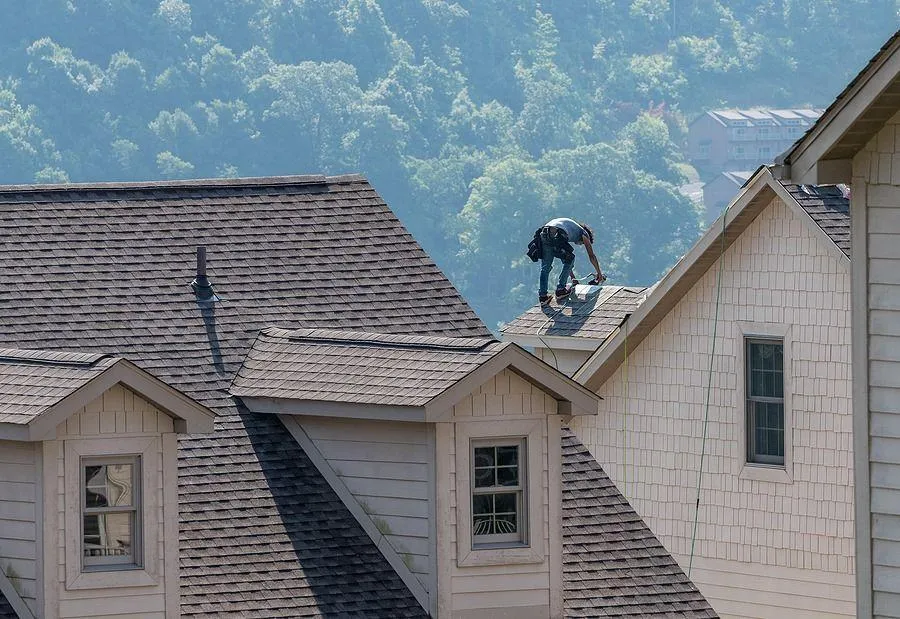
Professional roof repair services to fix leaks, damaged shingles, and structural issues, ensuring durability and protection for your home or business.
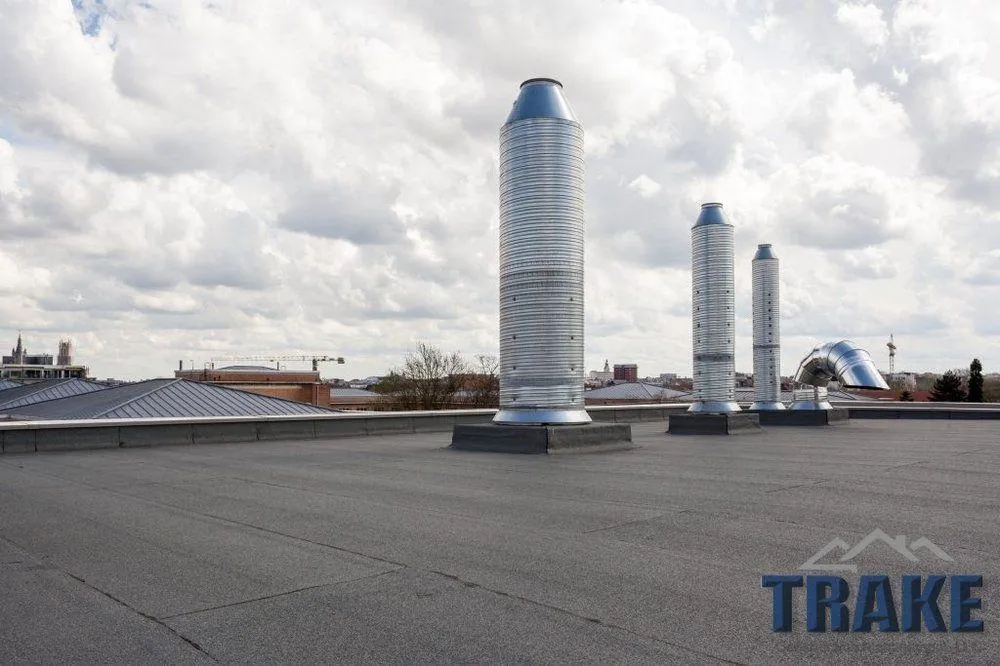
Our commercial roofing services cater to businesses in Rockwall, TX, focusing on longevity and performance.
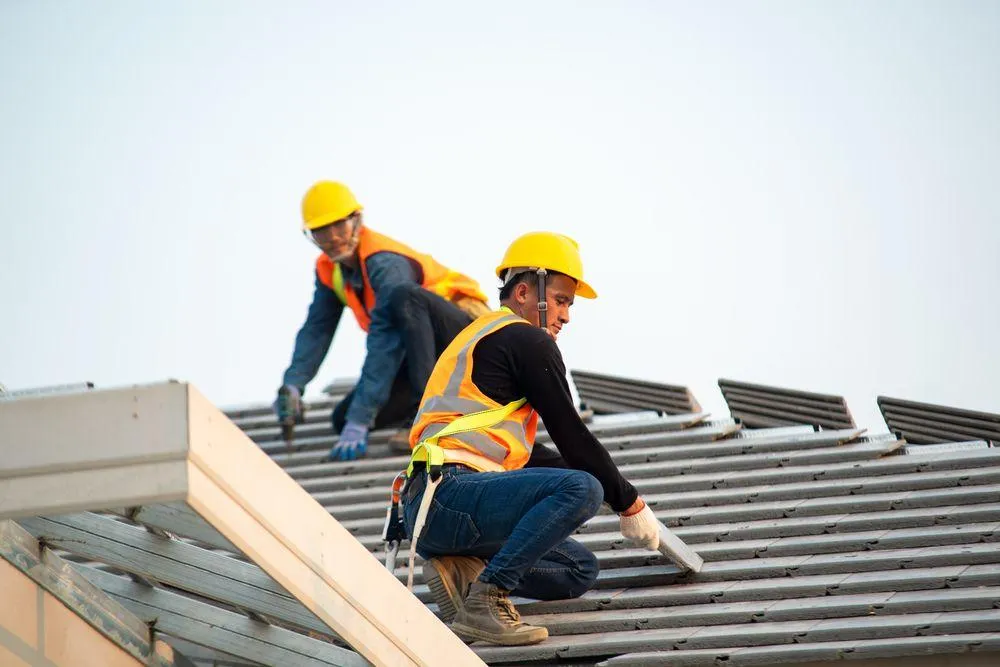
Metal roofing offers durability and style for Rockwall, TX properties. Our team excels in metal roof installation and repair.
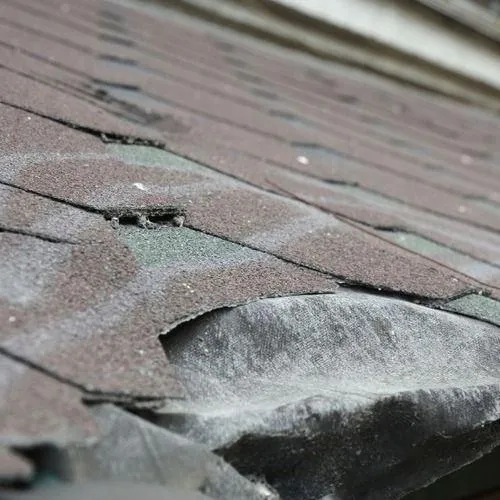
In Rockwall, TX, we are your first call for storm damage roof repair. Our rapid response team assesses and fixes damage from wind, rain, or hail, ensuring your roof is restored...
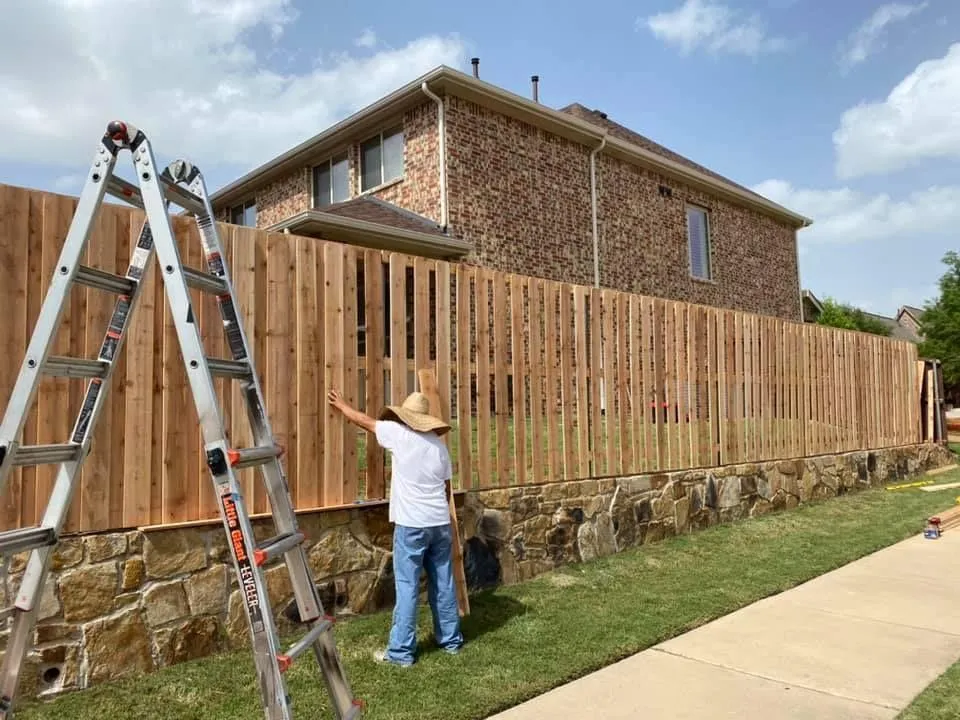
Enhance your Rockwall, TX property with our fence installation services. We offer a variety of materials and styles to boost your privacy and security while adding aesthetic value.
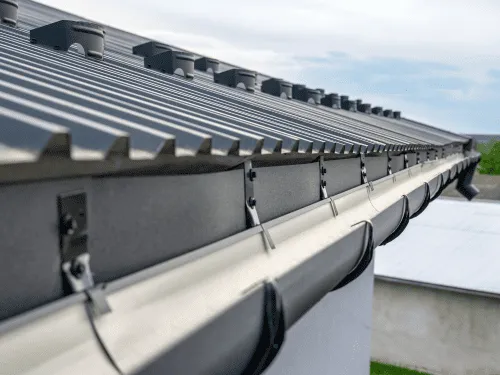
Comprehensive roof maintenance services to extend the lifespan of your roof, prevent leaks, and protect your home from costly damage with regular inspections and upkeep.
ABOUT US
Reliable Roofing
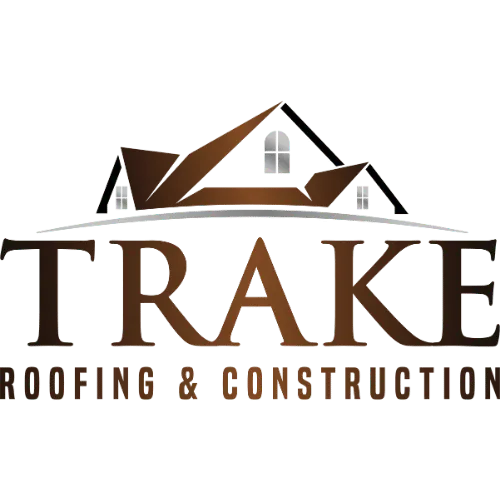
For close to a decade, Trake Roofing & Construction has been a family-run business dedicated to delivering quality craftsmanship in Roofing. What started as a passion for excellence has grown into a trusted name for Residential Roofing, Commercial Roofing, and more. We take pride in serving the Rockwall, Texas community with integrity, reliability, and expert service.

The Process
Our Simple 3 Step Process

Contact Us
Start by completing the 'Get a Free Quote' form on our website to share your Roofing needs with us so we can take care of you.

Schedule Your Estimate
Next, we'll arrange a property visit at a time that works for you to provide an in-person estimate for your Roofing needs.

Get The Job Done
After you approve our estimate, we'll schedule a date to complete the job. Our team will work hard to exceed your expectations!
photo gallery
See Why Our Customers Love Us
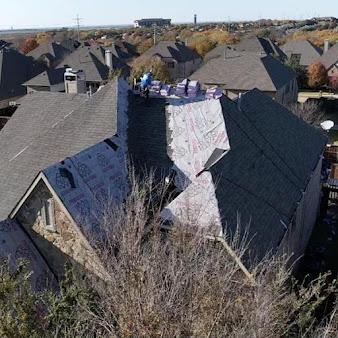
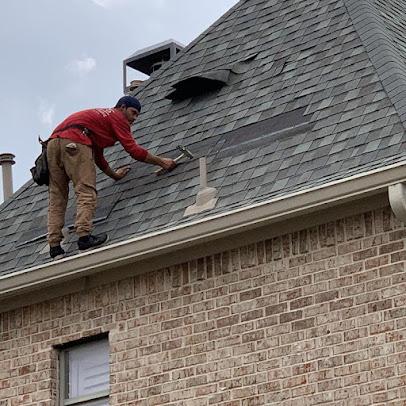
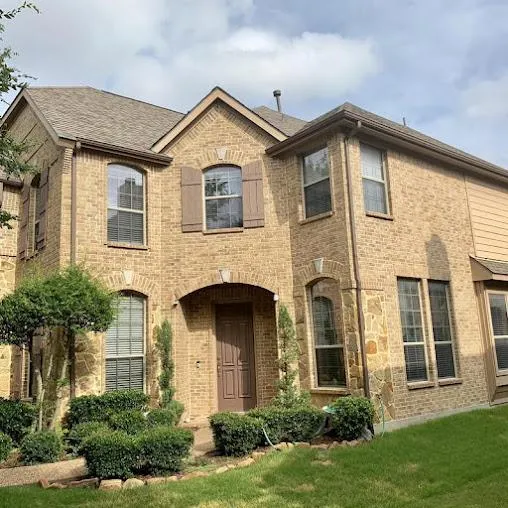
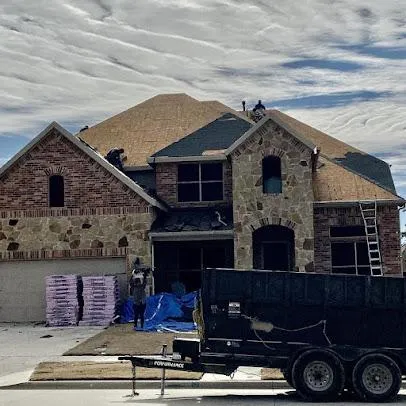
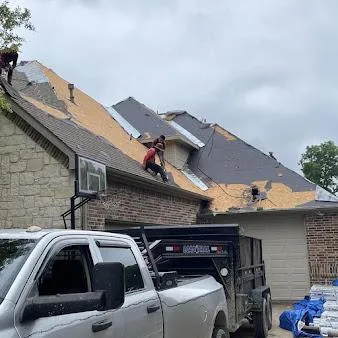
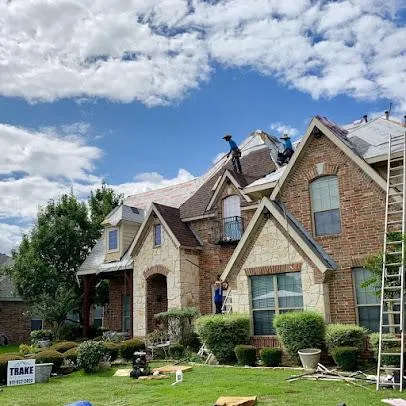
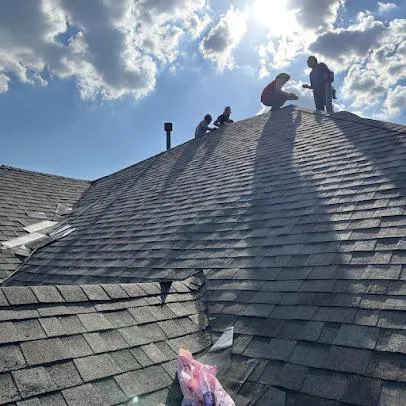
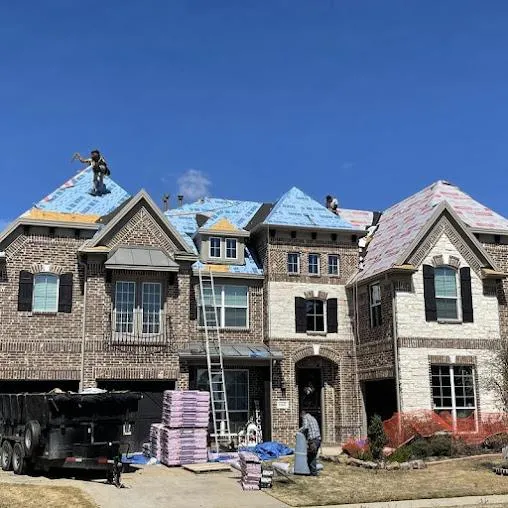
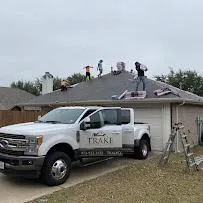
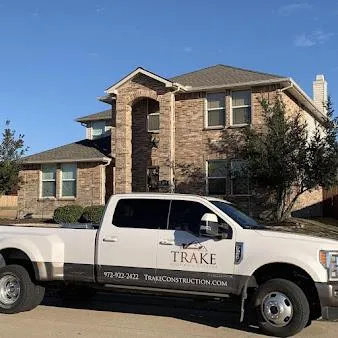
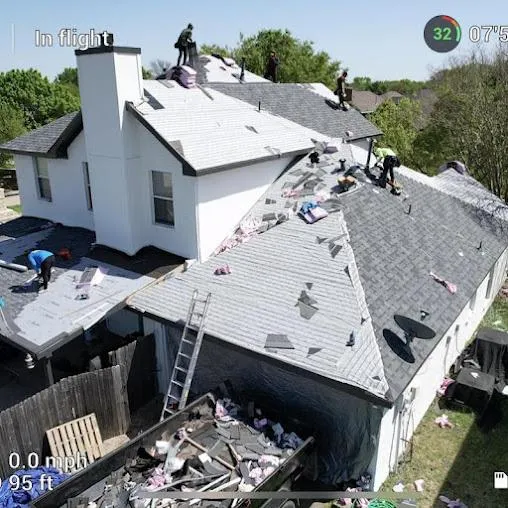
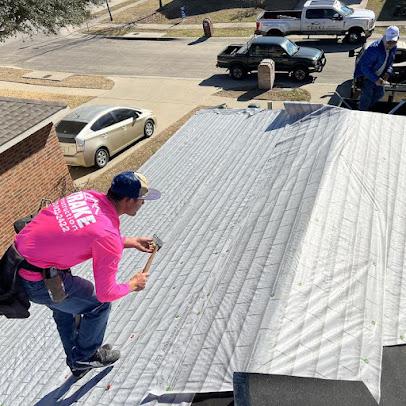
TESTIMONIALS
What Our Customers Say About Us
FREQUENTLY ASKED QUESTIONS
Can you provide references from past clients?
Absolutely, we can provide references from past clients. Additionally, you can read the reviews and testimonials from our satisfied customers on our website. If you would like to speak with specific past clients, we can provide their contact information upon request.
What sets you apart from other contractors in the area?
At Trake Roofing & Construction, we distinguish ourselves through meticulous attention to detail, a dedication to quality, and a personalized approach. We prioritize client communication to seamlessly bring their vision to life.
What types of services do you offer?
At Trake Roofing & Construction, we specialize in Residential Roofing, Commercial Roofing, and Metal Roof Installation & Repair, along with expert maintenance to keep your roof in top shape. With 10 years of family-driven experience, we’re committed to quality craftsmanship and lasting results.
Is there a fee for a consultation or estimate/quote?
No, Trake Roofing & Construction offers complimentary estimates to all prospective clients.
What are the signs that my roof needs to be replaced?
Identifying the need for a roof replacement is crucial for maintaining the integrity of your property. Common signs include significant leaking, widespread staining on interior ceilings, missing or broken shingles, and visible sagging of the roof deck. If your roof is over 20 years old, it's also wise to consider an inspection and potential replacement to prevent future damage.Trake Roofing & Construction offers complimentary estimates to all prospective clients.
How long does a typical roof installation take?
The duration of a roof installation can vary based on the size of the roof, the type of materials being used, and weather conditions. On average, a new roof can be installed within 1 to 3 days. Larger or more complex projects, such as those involving metal roofing or commercial properties, may take longer to complete.Trake Roofing & Construction offers complimentary estimates to all prospective clients.
Can I install a new roof over my existing one?
While installing a new layer of roofing over an existing one is possible and can be cost-effective, it's not always advisable. This practice can mask underlying damage and lead to heavier loads on your roof structure. At Trake Roofing & Construction a complete tear-off and inspection of the underlying deck are recommended to ensure the longevity and safety of your new roof. offers complimentary estimates to all prospective clients.
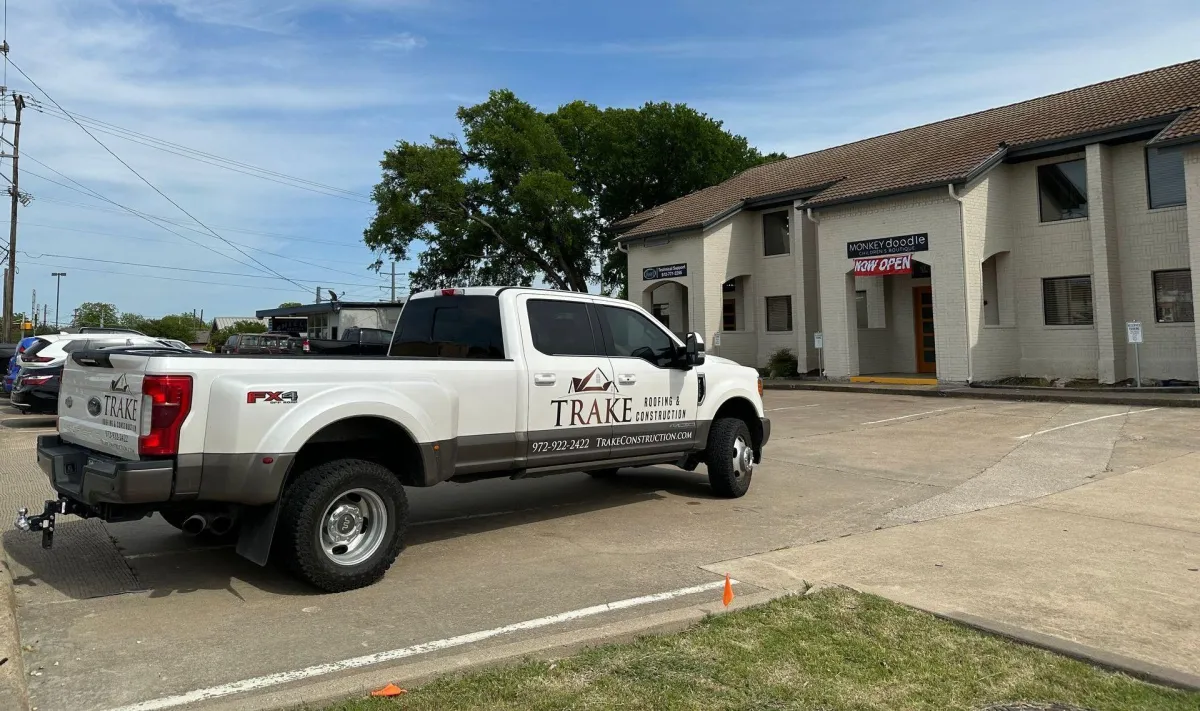
Request A Free Quote
GET A FREE QUOTE
I agree to terms & conditions provided by the company. By providing my phone number, I agree to receive text messages from the business.

BUSINESS
SERVICES
SERVICE AREAS
OPERATING HOURS
Sun: Closed
Mon: 9:00am - 5:00pm
Tue: 9:00am - 5:00pm
Wed: 9:00am - 5:00pm
Thu: 9:00am - 5:00pm
Fri: 9:00am - 5:00pm
Sat: 9:00am - 5:00pm